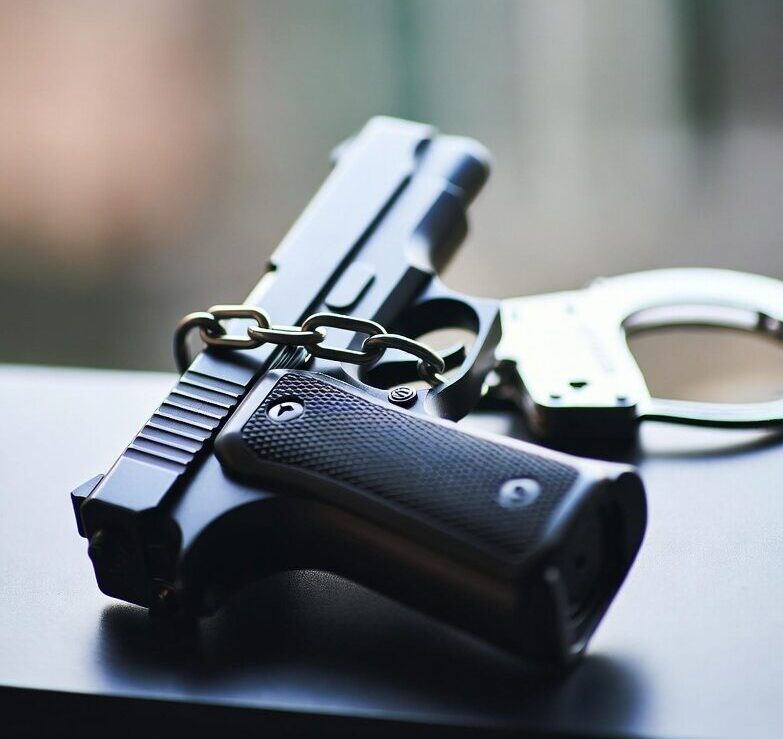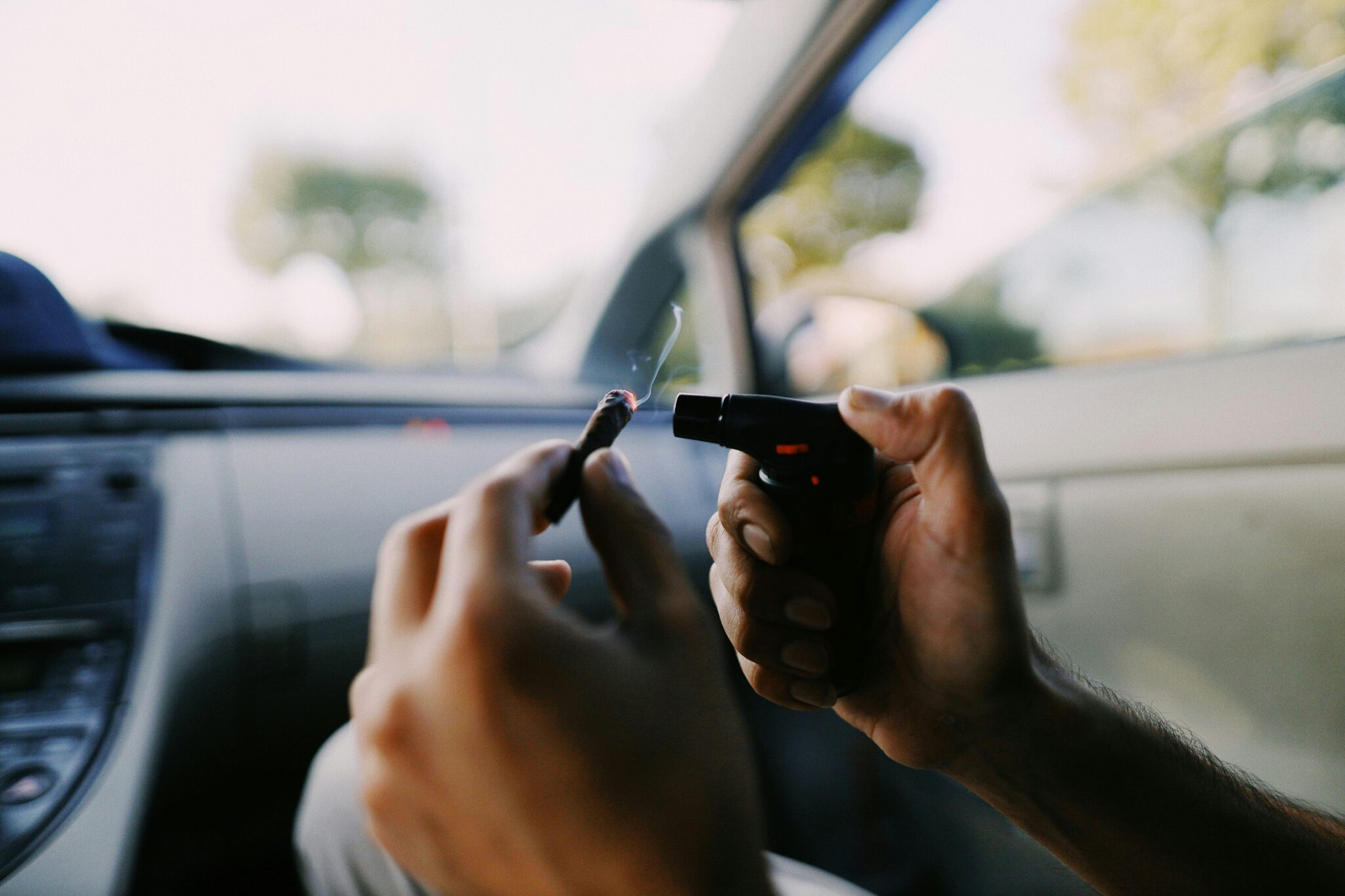How Do I Restore My Gun Rights In Oklahoma?
Losing your constitutional firearm rights can affect far more than hunting season—your work, personal security, and a sense of normalcy may suffer as well. The path to getting those rights back depends on why you lost them and whether state and federal law will recognize the restoration. Let’s go over how to restore gun rights in Oklahoma by examining how Oklahoma law interacts with federal law and the steps that actually move the needle toward you getting your rights back.
Who Is Prohibited From Having a Firearm?
Oklahoma bars possession primarily for people with felony convictions, certain domestic-violence convictions, and those under qualifying protective orders. Federal law adds its own disqualifiers (like felony convictions, some domestic-violence misdemeanors, and active protective orders).
Understanding why you’re prohibited is the first step to identifying the right fix:
- Felony convictions: Oklahoma (21 O.S. § 1283) prohibits firearm possession by convicted felons unless rights are restored by a full pardon.
- Domestic violence & protective orders: Certain misdemeanor domestic-violence convictions and qualifying protective orders can trigger a federal ban—even if Oklahoma would otherwise allow possession.
- Deferred vs. convicted: If you received a true deferred sentence and it ended in a dismissal, you may not be a “convicted felon” at all. Your record might still need to be sealed, but a full pardon may not be required.
State vs. Federal Rules
This is where it gets trickier. You must clear both systems. Even if an Oklahoma judge expunges or seals your record, federal law (18 U.S.C. § 922(g)) may still treat you as prohibited unless the remedy qualifies as a “restoration of civil rights” or a full pardon. In practical terms:
- Expungement in Oklahoma improves background checks and employment but does not automatically restore firearm rights after a felony conviction.
- A full gubernatorial pardon (from the governor) generally removes the state-law disability and is the most reliable way to satisfy federal requirements for a felony.
- Domestic violence issues are more nuanced. Some resolutions still leave a federal prohibition unless the conviction is set aside, pardoned, or otherwise nullified in a way federal law recognizes.
How to Restore Gun Rights In Oklahoma: Primary Paths
Your route to restoring gun rights in Oklahoma depends on your case posture. Here are the common pathways:
- You completed a deferred felony and the case was dismissed: You may not need a pardon, but you may want an expungement to remove public records that cause NICS delays. Confirm with counsel that you are not considered “convicted” under state and federal definitions.
- You have a felony conviction: Apply for a full pardon through the Oklahoma Pardon & Parole Board (PPB) and Governor. A granted pardon typically removes the state disability and is most likely to satisfy federal prohibitions.
- You have a domestic-violence conviction or protective-order history: Evaluate options to vacate, modify, or otherwise obtain relief consistent with federal law. Sometimes a pardon is needed; sometimes other post-judgment remedies matter.
What the Pardon Process Looks Like (Step by Step)
Pardons take planning, documentation, and patience. A clean, well-supported application is incredibly important to restoring your rights:
- Audit your record: Obtain your OSBI background report and certified court dockets for every case.
- Confirm eligibility: Ensure all sentences, fines, restitution, and probation are fully completed and enough time has passed under PPB rules.
- Build mitigation: Employment history, treatment/graduation certificates, military service, community involvement, character letters, and a detailed personal statement.
- Apply to the PPB: Submit the completed packet; expect a background investigation and potential interview.
- Hearing & recommendation: The Board votes; favorable recommendations go to the Governor for the final decision.
- Post-pardon confirmation: After a grant, verify that state and federal databases reflect the change before attempting to purchase or possess a firearm.
Where Expungement Fits In
Expungement seals records from public view; it’s invaluable for jobs and housing and can reduce false “hits” during background checks. But expungement alone does not restore gun rights after a felony conviction.
Many clients pursue both: a pardon to lift the legal disability and an expungement to clean up the public record. If your case ended in a deferred dismissal, expungement may be all you need to avoid confusion at the counter—confirm with counsel before you act.
How Long Does Restoration Take?
Expect months, not weeks. Pardon investigations, hearings, and gubernatorial action take time. The preparation phase (gathering records, letters, and proof of rehabilitation) is often the difference between an approval and a denial. Begin early, stay organized, and don’t possess or attempt to purchase a firearm until restoration is legally complete and confirmed.
SB 381: A (Potential) New Pathway—But It’s Not Final Yet
In February 2025, lawmakers in Oklahoma advanced SB 381, a bill to amend 21 O.S. §1283 and create a limited pathway for some nonviolent felons to lawfully possess/carry after completing their sentences and remaining charge and conviction-free for a defined period (reported as five years).
As of now, SB 381 has passed Senate Judiciary and was placed on General Order for floor consideration, with multiple working drafts circulating. It is not a final, signed law, and the details (who qualifies, exclusions like domestic abuse/sex offenses, where carry would be permitted—home/vehicle, etc.) may change before enactment.
Even if SB 381 eventually becomes law, federal law still matters. Any state-level pathway has to mesh with federal “restoration of civil rights” rules; otherwise, you could be legal under state law but still prohibited under federal law.
FAQs on Restoring Firearm Rights in Oklahoma
Does an expungement restore gun rights after a felony?
No. Expungement improves privacy and background checks but does not, by itself, restore firearm rights following a felony conviction. A full pardon is typically required.
I had a deferred sentence that was dismissed—am I still prohibited?
Often no, because a true deferred dismissal is not a conviction under Oklahoma law. Still, verify federal status and consider expungement to prevent database confusion.
What about a misdemeanor domestic-violence conviction?
Federal law can still prohibit possession. Relief may require a pardon or other legally recognized remedy that nullifies the conviction for federal purposes.
Can a protective order cost me my gun rights?
Yes. Certain qualifying protective orders trigger a federal prohibition while the order is active. Violating an order can also create new criminal exposure.
How long does a pardon take?
Several months or more. The timeline depends on investigation, PPB dockets, and gubernatorial action. Start early and keep your application thorough.
When is it safe to own or buy a gun again?
Only after you’ve received the necessary legal relief (for felonies, usually a full pardon) and confirmed that state and federal records show you as eligible. When in doubt, ask your attorney to verify with the relevant agencies.
Overman Can Help You Move Forward
Restoring firearm rights isn’t about guesswork. You need a precise, step-by-step process that must satisfy both Oklahoma and federal rules. Overman Legal can audit your OSBI record, identify the exact source of the prohibition, and build the right path—pardon, expungement, post-conviction relief, or a combination—then confirm your status in the relevant databases before you make a purchase.
Take the first concrete step toward lawful restoration of your gun rights. If you’re serious about getting your rights back, let’s put a plan in place.




